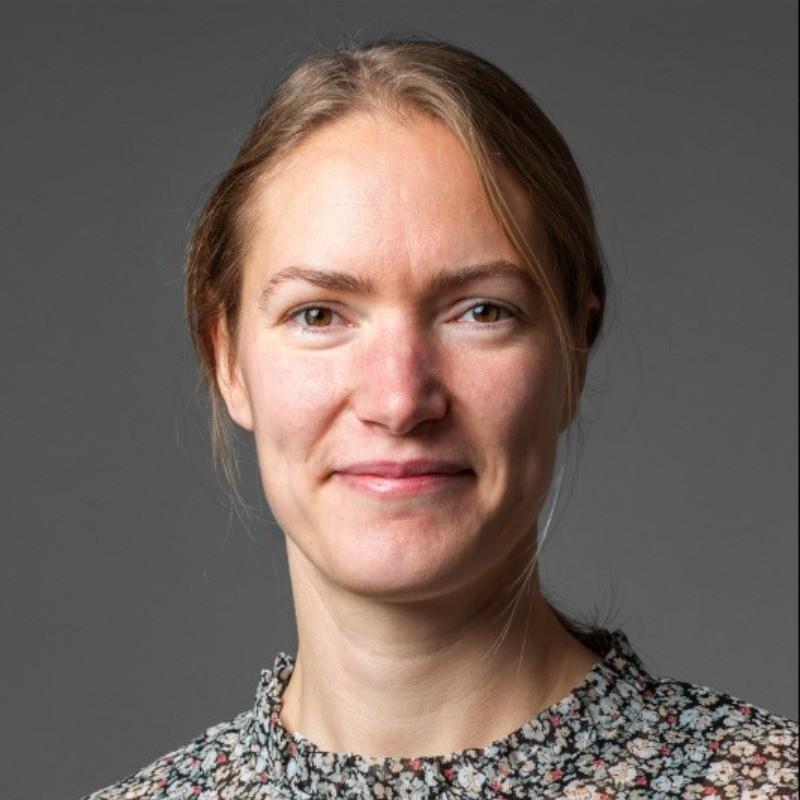
Mathilde Diekema
Abstract:
Cell-free DNA (cfDNA) in the bloodstream, which includes circulating tumor DNA (ctDNA) from tumors, is a promising biomarker for cancer detection and monitoring. However, the minute amounts of ctDNA, especially in early-stage cancers or small tumors, make detection difficult, often indistinguishable from sequencing errors. This PhD project proposes to introduce deep generative models to the ctDNA field to facilitate analysis and improve detection performance. Building on the DREAMS (Deep Read-level Modelling of Sequencing-errors) method, I will integrate a Deep Generative Decoder (DGD) to model both noise and cancer-related signals. Through latent-space sample representations, the DGD model is hypothesised to better capture the complex, patient-specific ctDNA signals and sample-specific noise patterns in whole genome sequencing (WGS) data. This project is supported by extensive, local WGS cfDNA datasets from colorectal cancer (CRC) patients, bladder cancer (BC) patients and healthy controls, offering a unique opportunity to refine and validate the proposed methods. It encompasses three primary aims: develop a DGD of sample-specific cfDNA error rates, quantifying ctDNA fractions using latent space modelling, and creating a multimodal ctDNA detection framework. These efforts promise to enhance the sensitivity and specificity of ctDNA detection, facilitating earlier cancer detection, improved tumor burden monitoring, and personalised treatment strategies.
